Tips For Writing A Fantasy Novel
Has there ever been a better time to be writing fantasy? Where once it was a fringe genre, now fantasy is everywhere in pop culture, from Harry Potter to the memes surrounding Jon Snow.
There's also never been a more exciting time to write fantasy. The genre is changing daily, as authors such as Neil Gaiman, Susanna Clarke, and Patrick Rothfuss continue to interpret, subvert, and stretch it to attain new pinnacles. What's more, the public can't seem to get enough of it, proving that there is a market for fantasy — and it's a big one.
So, if you're an author, where can you find a place for yourself in today's talent-rich terrain?
In our search for the finest writing tips in the realm, we spoke to seven of the top fantasy editors on our marketplace. They've worked with George R.R. Martin, James Dashner, Brandon Sanderson, and many more of the brilliant authors who are re-defining the genre. Here's what they said.

1. Identify your market
If you don't know your market, you've already made a mistake, says Erin Young, an agent for Dystel Goderich & Bourret, which represents authors such as James Dashner of Maze Runner fame.
"Oh, my market is fantasy," you might say, waving your monthly subscription of Imagination And Me. But is your story steampunk, urban, or grimdark fantasy? Is it for children or young adults? Are there elves or tech? Is it set in the modern world, or is it a re-imagining of an alternate past? Jonathan Strange and Mr. Norrell, for instance, doesn't target Discworld's readers, and no-one would instinctively group Harry Potter and Stephen King's The Dark Tower in the same category.

Indeed, "fantasy" is such a broad genre that you'll need to dig deeper to find your niche — but it's important as your subgenre not only informs your characters and setting, it also allows you to identify your competition and audience. As Young says: "If your characters are younger, you should be writing YA or MG, not adult."
To get a better picture of the various subgenres within fantasy, check out this guide as well as this post on the evolution of fantasy since the 1900s.
2. Develop your world through short stories
Did you know that JRR Tolkien wrote a gazillion short stories about Middle-Earth before ever starting The Hobbit?
He needed somewhere to begin. That's exactly what Jenny Bowman, an editor who worked on Robert Beatty's Serafina and the Black Cloak, advises: a good way to build your world is to write short stories that feature some of your characters. "Do this with the intention of excluding [these stories] from your book," she says. "This gives you freedom to create a new universe with no boundaries."
So if you can't churn out the full-blown novel inside of you just yet, don't sweat it. Dip your toe into the water through short stories, instead.
Free course: How to write a short story
Learn how to shock and delight your readers with this course from literary editor Laura Mae Isaacman. Get started now.
3. Plot out your story before you begin
Stories in the fantasy genre are often complex and epic — all the more reason to plot it out before. You don't want to accidentally trip over all 99 of your storylines. And you don't want to be that writer who gets to the end of the book and realizes they've forgotten to tie a knot in one part of the plot. Hello, darkness, my old friend.
That's why Young says to get a general sense of your plot before you start writing. "You'll know your world so much better if you know your story first," she says. "Then, once your story is plotted out, you can use the plot structure as a skeleton to show where you want to build your world, scene by scene."
For more food for plotting thought, you can read up on narrative arcs here.
4. Tie your worldbuilding into your plot
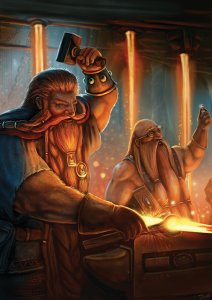
Plot and worldbuilding should see eye-to-eye. "You want to be original, so ask yourself, what sets my world apart?" says Alex Foster, a ghostwriter who's penned eight bestsellers. Importantly, a rich universe can be a major player in your plot — playing as big of a role as any other character.
"In A Song of Ice and Fire, George R. R. Martin uses the environment as a plot point when describing both summer and winter seasons — as winter brings dark, dead things that can wipe out the entire Realm," says Foster. "He also adds architecture as a plot point in the form of the Wall, a massive ice edifice separating the North and the South. How fascinating that such a massive piece of plot centers around a single wall. Sounds simple, but you can see its complexity. Stephen King also does an expert job in Under the Dome, when a small town is suddenly cut off from the rest of the world by a giant, transparent dome."
5. Keep your story relevant through real-world themes
"Your concerns about politics, culture, the environment, technology, violence, racism, misogyny — these issues can be explored in inventive, eye-opening ways while writing fantasy," says Rebecca Faith Heyman, an editor who worked on Elise Kova's The Alchemists of Loom. "In this way, we want to return to our own existences with new perspectives, new solutions to old problems, or new awareness of what's at stake."
Another way to put it: is anything, in particular, frustrating you in real life? You can explore it through your story, because the world's your own. And, who knows, you might be speaking for other people out there in the world who read your book and share your perspectives.
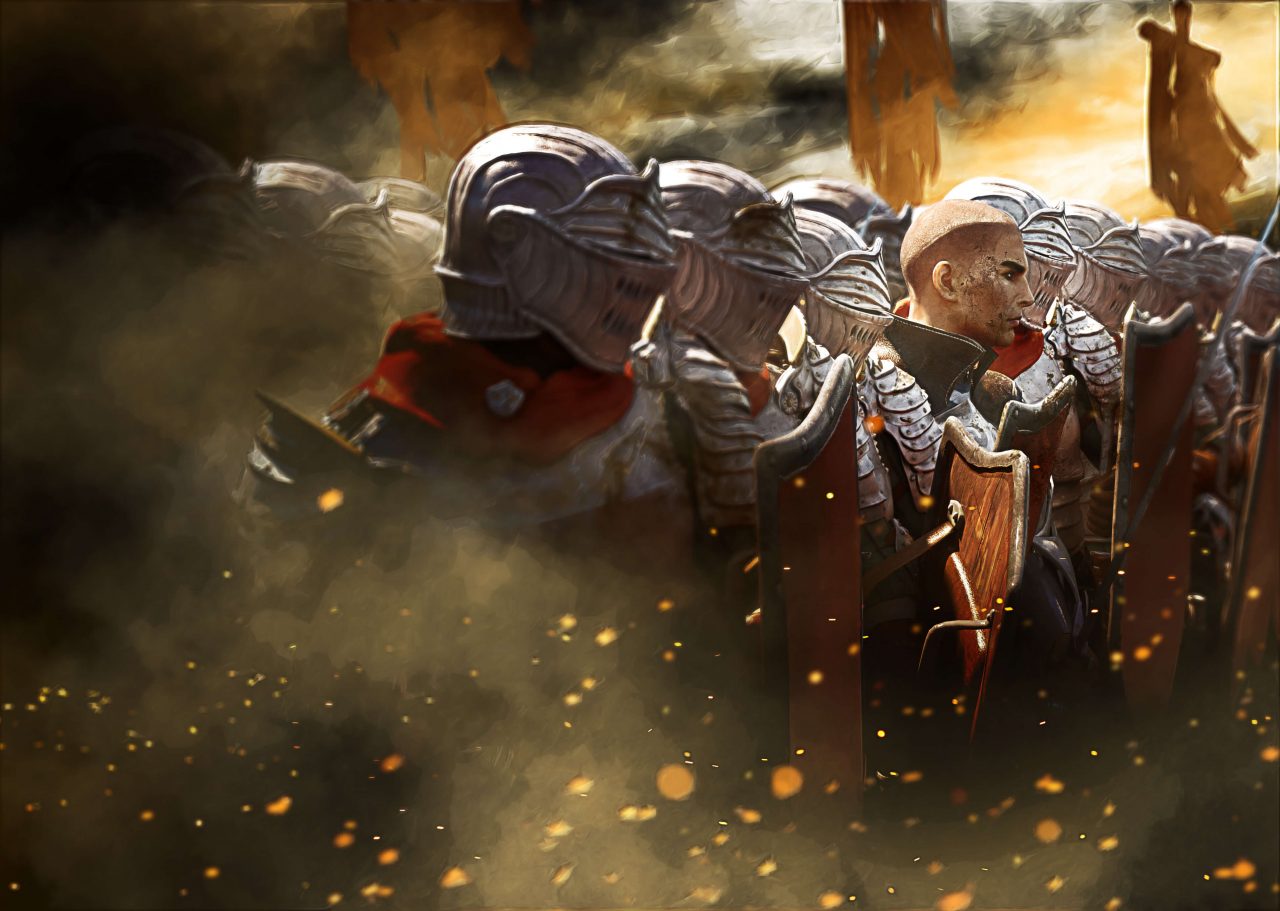
"Carry On by Rainbow Rowell does this brilliantly," adds Heyman. "There are undercurrents of identity politics explored there, as well as a depth of characterization that merges meaningfully with the fantastical elements of the text. The Grisha Trilogy by Leigh Bardugo, as well as the brilliant Six of Crows and Crooked Kingdom, explore racial prejudice, ableism, identity politics, and more."
PRO-TIP: Ever wanted to find out which book genreyouare? Take our 1-minute quiz below to see!
📚
Which book genre are you?
Find out here! Takes one minute.
6. Use all five of your senses
"What makes worldbuilding tick? Specific, sensory detail," says Michelle Hope, who's previously worked with George R.R. Martin and Blake Crouch. "So my advice for fantasy authors is, simply: you can be as inventive and magical as you want in your work if the writing is detailed enough to seem authentic."
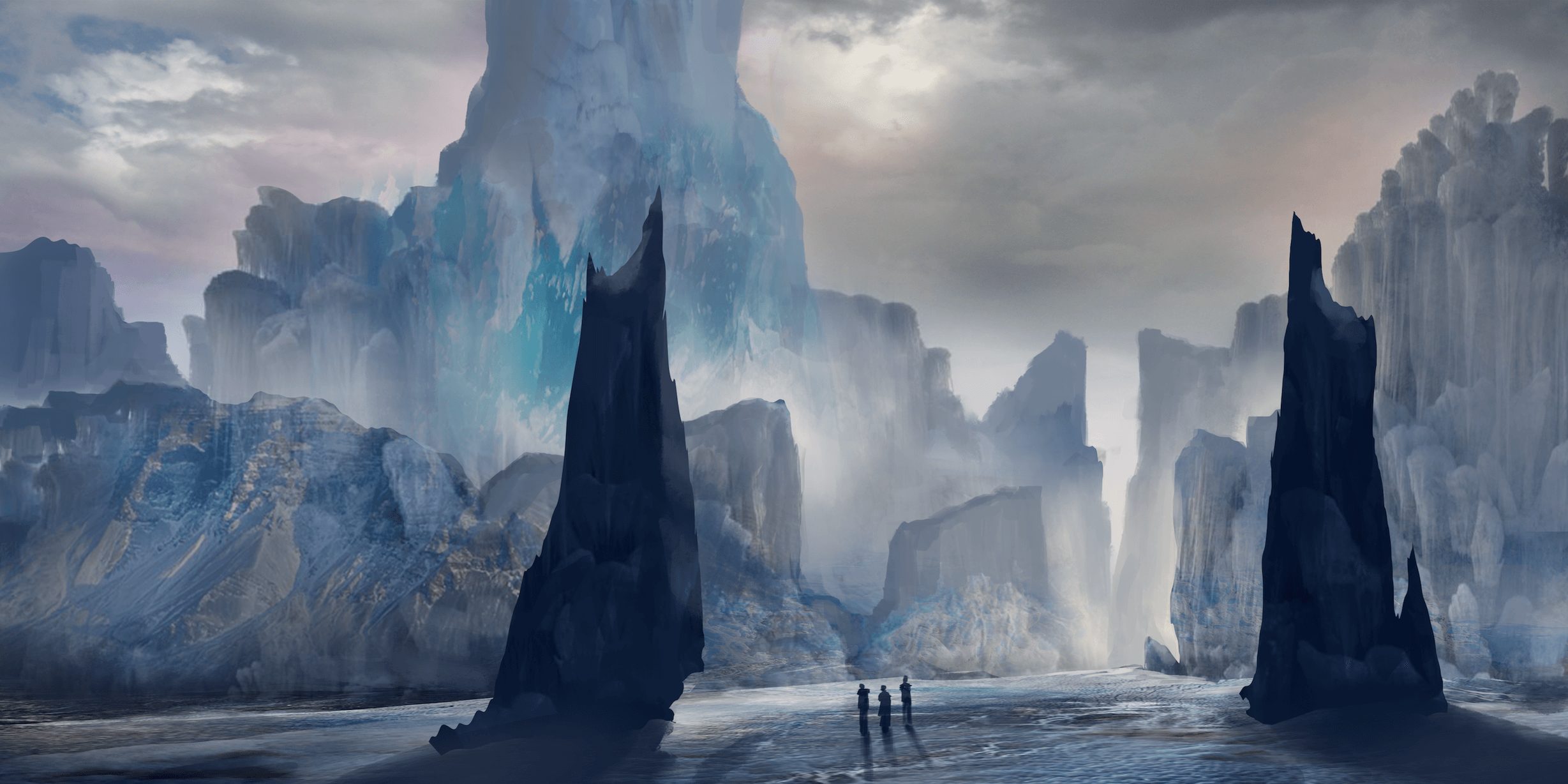
Take pop culture's current fantasy darling, Game of Thrones. "Crisp air, hooves clattering on ironwood planks, a warm tongue, women's perfume, summerwine, soft fur. The writing's full of these concrete details," points out Hope. "So when the author expands the universe to include fantastical elements, we buy it. Dragons? Sure! Face-swapping assassins? Why not? Frozen zombies? Didn't see that coming, but the author's sensory style already established the world as believable, so we're primed to accept anything thrown at us."
That said, abstract clichés don't count. No-one's going to be impressed by your description of a man with piercing gray eyes that are the color of a storm.
Instead, use the senses to make the reader feel like they're there. "When a reader can viscerally inhabit your world, they won't question it when you introduce the fantastical into your story," says Hope. "They'll take your word for it."
7. Give your world internal rules
To make a world feel real and functional, you also want to make sure that it's grounded by rules — an internal rationale, so to speak. This should encompass everything from the workings of your society to, yes, your magic system (if your universe possesses magic).
Easier said than done, maybe. How to actually go about it? Chersti Nieveen, a proofreader of Brandon Sanderson's Mistborn, advises you to read up on the basic and fundamental fields. "Become familiar with the basics of economics, politics, philosophy, and more, and you'll create a believable world of your own," she says.
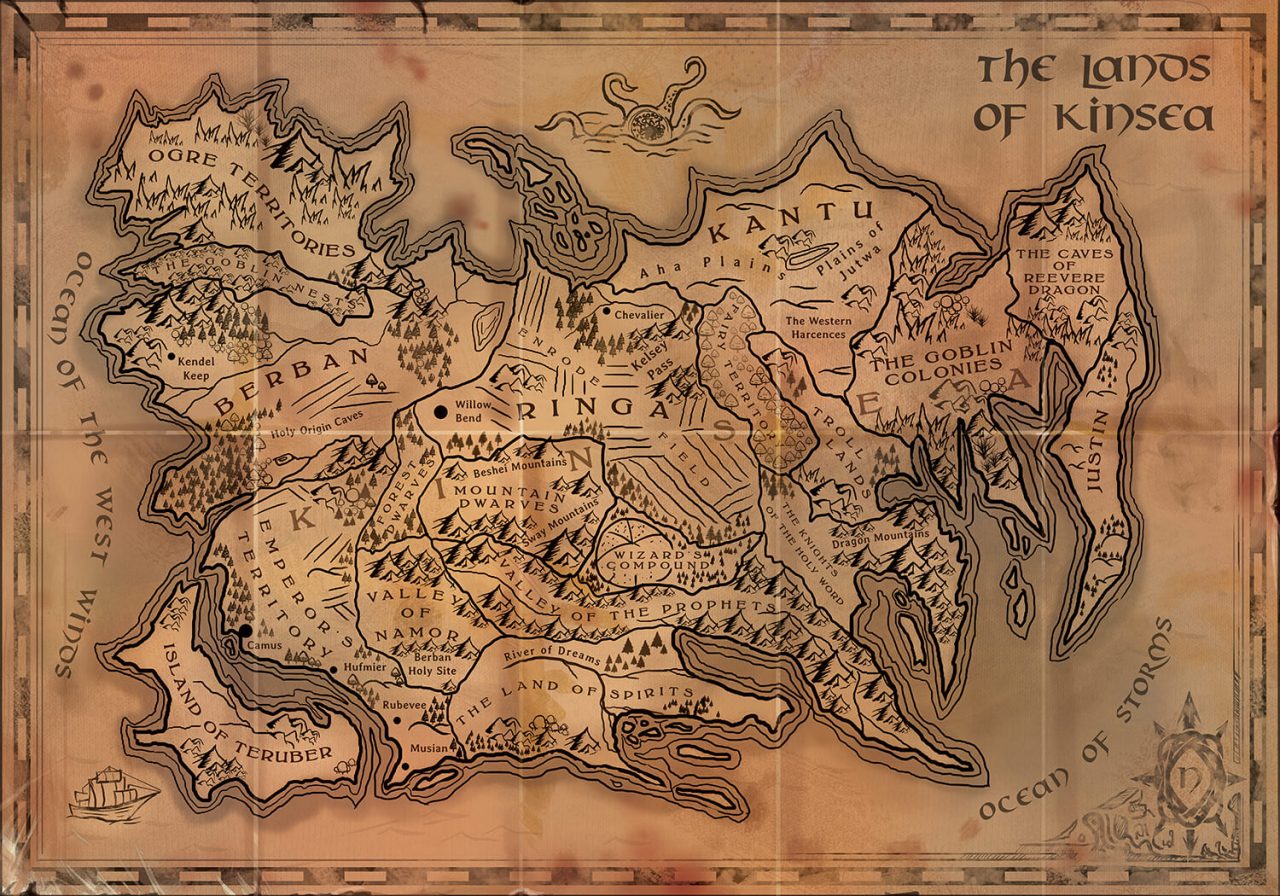
Don't know where to start with your magic system? Brandon Sanderson shares useful theories about magic systems referred to as Sanderson's 3 Laws of Magic, offering a few approaches through which authors can work through their own.
8. But don't go breaking your own rules
That said, these rules aren't ones that are made just to be broken. "I often see first-time fantasy writers breaking their own rules, and it really takes the reader out of the story," says Bowman.
Let's say, for example, you've made it clear that using magic is supposed to sap energy. Well, then, don't make your protagonist go rip magic spells left and right in the final battle without tiring at all.
Ultimately, this internal consistency matters much more than realism. To ensure this consistency, Bowman suggests that you always jot everything down. "When do the suns come up?" she asks. "Can only children under the age of 10 fly? When casting a spell, does it transform the object or create an object from nothing? Know the rules of your world (what we call physics!) when you're writing fantasy and don't break them — unless, of course, it's on purpose."
Looking to read more fantasy before you write? Check out these 12 epic fantasy series, hot off the press.
9. Ask questions while worldbuilding
And guess what? Your #1 most powerful weapon when you're worldbuilding isn't a sword — nor is it a pen, or even Daenerys' fabulous dragons.
The most powerful tool in your world building arsenal is, instead… the question. "Where do big cities pop up?" wrote Patrick Rothfuss, author of the Kingkiller Chronicles, once. "At a confluence of trade routes. That's influenced by rivers. Where do rivers come from? There's aquifers and stuff. I ask these questions. I go, 'Why, why, why, why, why?'"
This will make sure that everything is rationally thought-out. "Fantasy works when you can read it like it is real, if that makes sense," says Kendall Davis, an associate editor at Penguin Random House. "You want readers to read the story knowing there are stories and adventures and a world that exists far beyond the story they are currently invested in."
10. Have the mindset of a cinematographer
Sometimes writers get so caught up in their world that they write block paragraph after block paragraph (after block paragraph) of description. This is a mistake. "Don't tell your reader what your world appears to be," says Young. "Give them scenery when it relates to the story by getting your characters to interact with their surroundings."

Did we ever get an ultra-wide shot showing the whole of Middle Earth in Peter Jackson's Lord of the Rings trilogy? Absolutely not! That would be boring to the viewers, not to mention meaningless. Young observes: "Instead, cinematographers carefully plan each shot to give you a view of where the actors are. This is exactly the way you should show your world."
11. Interview your characters to know them
Good character creation and development in fantasy is no different from fiction, or any other genre. Take a minute to think of your favorite characters of all time. Walter White. Jon Snow. Hermione Granger. Mr Bean from Love Actually. What do they all share?
"The best characters are complex and original," says Foster. "They possess very real motives and weaknesses, and they change over time due to events and supporting characters in the story. Take your character and interview them. What do they fear most? What are their ultimate goals, and where are they willing to go to achieve that goal? Do this with all your characters when you're writing fantasy: craft a questionnaire and get your answers from them. Your publisher will thank you."
Looking for the definitive character questionnaire? We got you covered. Here are 8 Character Development Exercises That Will Help You Nail Your Character.
12. Don't introduce all your characters all at once
Ever want a corkboard just to keep the characters in a fantasy book straight? The number of characters in many fantasy series are so infinite, it turns out to be a mad scramble to keep track of them all — especially when the reader's still trying to differentiate between Boldon, the protagonist, and Bolgon, the shrewish elf from Book 2.
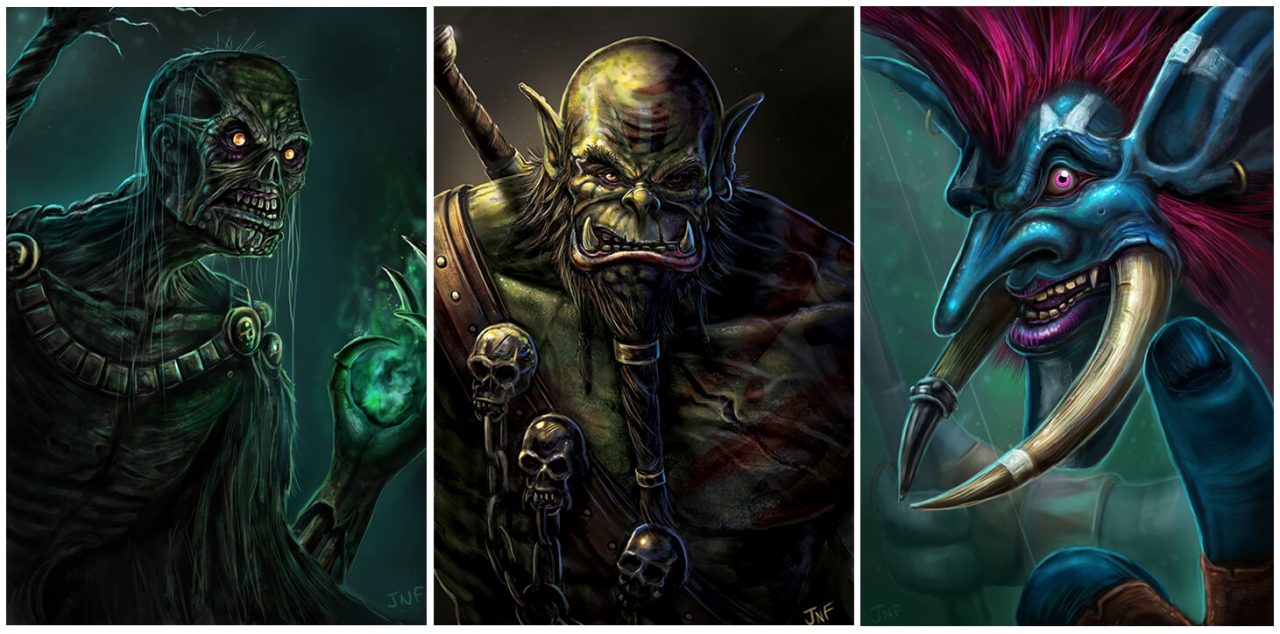
So don't make it even tougher on the reader by dumping all your characters onto page two. It's one of the most common mistakes that Nieveen sees.
"Fantasy writers try to introduce too many characters on one page, or there's an info dump to reveal how the magic system works," she says. "They make the reader sit and memorize their world or their characters before they actually introduce the story. But you end up dropping readers that way."
Free course: Character Development
Create fascinating characters that your readers will love... or love to hate! Get started now.
And finally…
13. Pick a good book and read it
You should read good books, says Nieveen, with an emphasis ongood. Your writing's only going to be as great as what you're feeding it. So read.
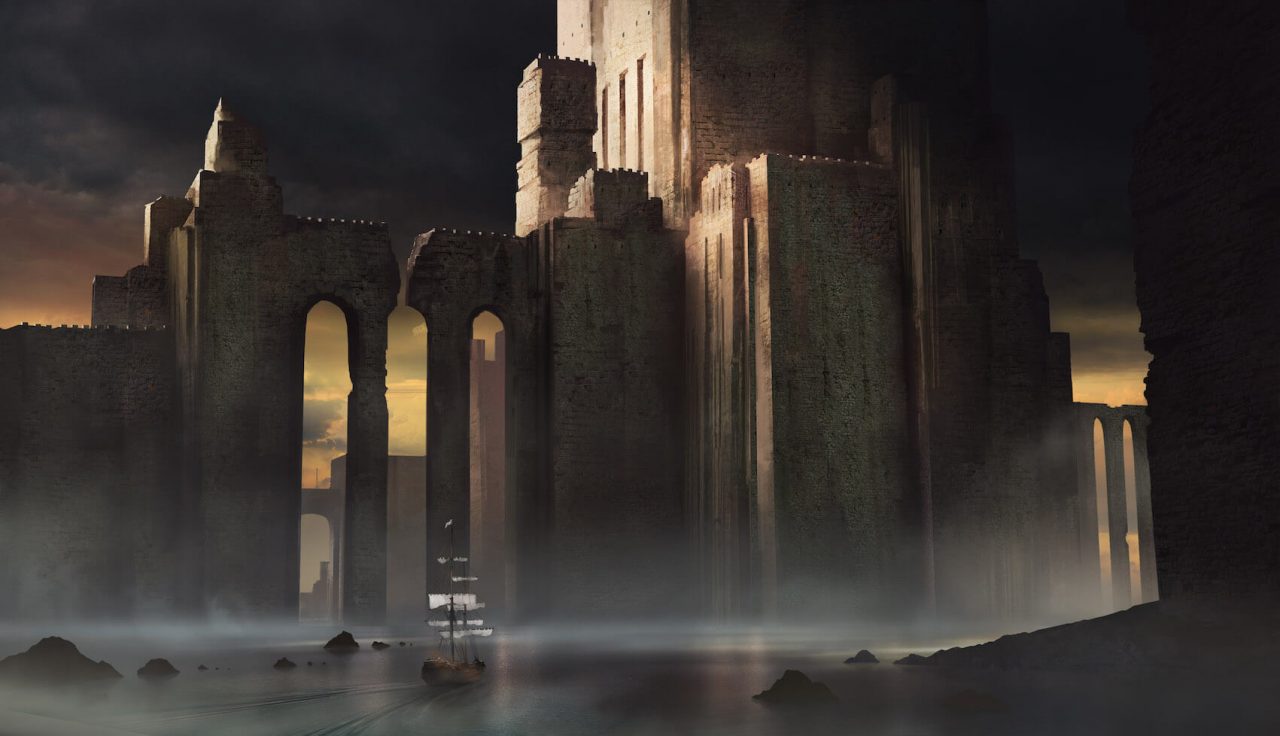
"You're absorbing ideas. You're absorbing grammar. You're absorbing sentence structure and rhythm and prose," she says. "Read books with description or dialogue you admire. Read the books that are classics—they are classics for a reason—and read the books that are bestsellers and read the books that are award winners. Read and read and read, and you'll start to see your own writing improve."
To take specific action, Nieveen suggests picking the 10 books that you most admire. Then, it's just a matter of re-reading them and noting strengths in their plot, dialogue, characters, and scene structure. Learn from the best — and then go forth and tilt the arena again yourself.
What are your tips for writing fantasy? Leave them in the comments below. You can also check out our list of the 100 best fantasy series ever for inspiration!
Tips For Writing A Fantasy Novel
Source: https://blog.reedsy.com/writing-fantasy/
Posted by: rydereling1966.blogspot.com

0 Response to "Tips For Writing A Fantasy Novel"
Post a Comment